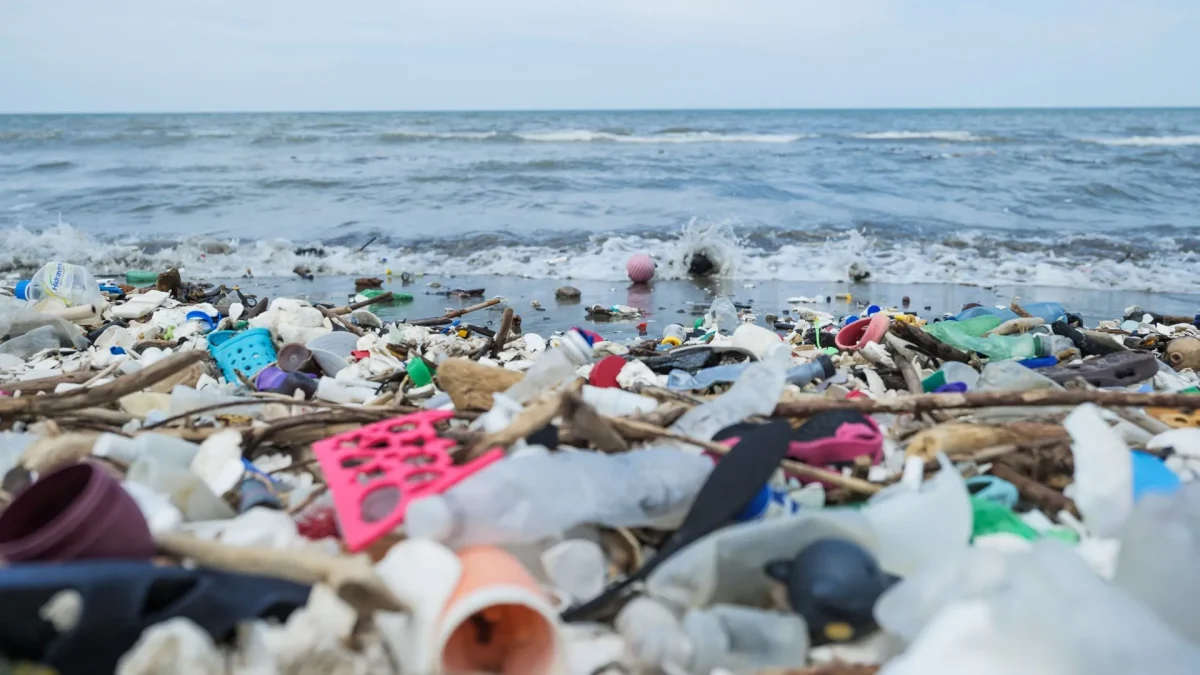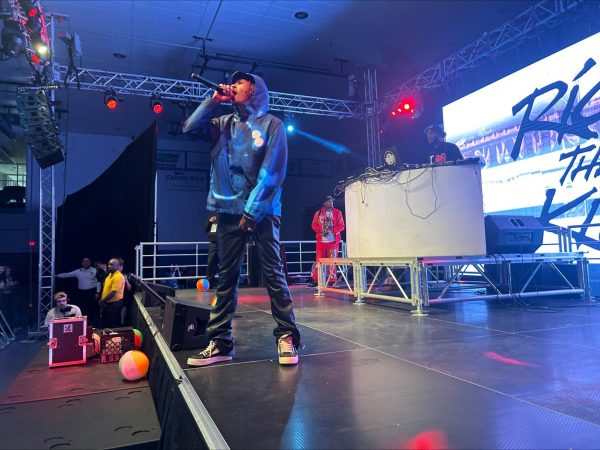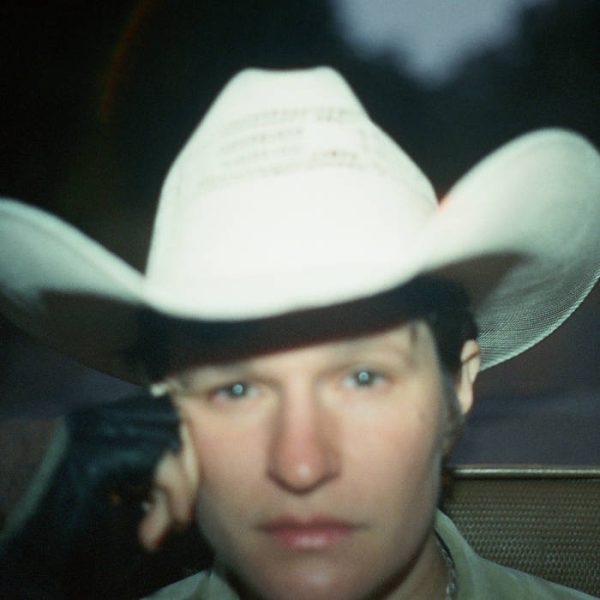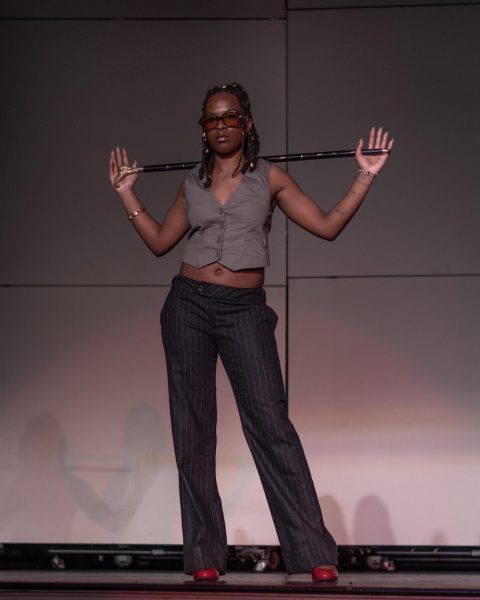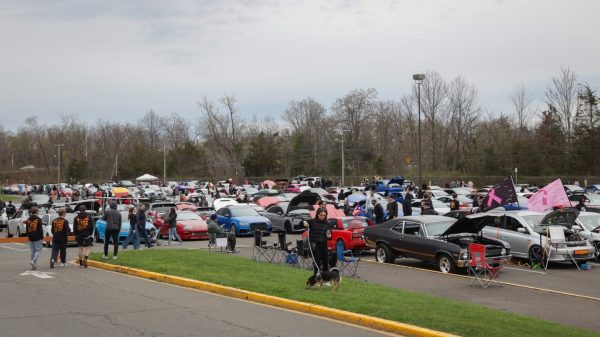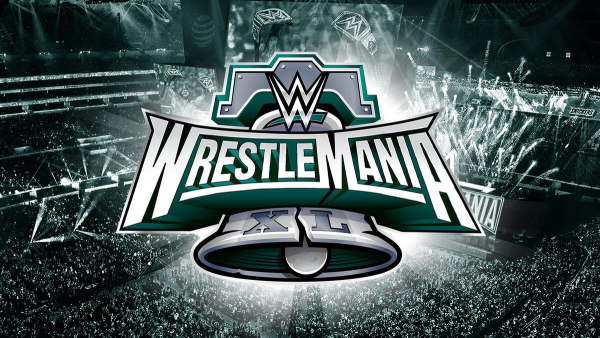Spotify Scandal: Bigger Than Joe Rogan
February 23, 2022
Over the course of January’s final days, Spotify and Joe Rogan became the center of controversy for several weeks to come.
Rogan is the former host of “Fear Factor,” a comedian, an actor, and a commentator for UFC. He hosts one of the most popular podcasts, appropriately titled “The Joe Rogan Experience” on Spotify, the world’s largest music streaming platform.
Rogan joined Spotify in 2020 on a multi-year deal to diversify the platform, which is mainly used for streaming music. Although the podcast has been thriving since the mid-2000s, it was the first time operating under an exclusive license. The deal was first estimated to be approximately $100 million, but now the New York Times is reporting its value has doubled.
On average, Rogan sees around 11 million views per episode, appealing to a primarily conservative white male audience. The episodes feature interview-like discussions ranging from combat sports, wellness, and narcotics to odd conspiracy theories and questionable politics. Some noteworthy guests are Gavin McInnes, the founder of Proud Boys, and Alex Jones, a far-right conspiracy theorist. Needless to say, Rogan has a past of controversial remarks, so it shouldn’t be a shocker that his name is back in the headlines, this time alongside the equally controversial Spotify.
On Jan. 12, Rolling Stone magazine reported that 270 medical experts signed an open letter directed at Spotify after Rogan brought up COVID-19 misconceptions during an episode with Dr. Robert Malone, who is notorious for making false claims about COVID-19.
In support of that open letter, legendary folk-rock musician, protest songwriter, and polio survivor Neil Young penned a letter of his own which has been archived, demanding his music be taken off Spotify. Young made his frustrations clear about the company’s decision to broadcast dangerous misinformation during a pandemic. “You can have Rogan or Young. Not both,” he said. As a result, Young’s appeal rippled across the industry as contemporaries like Joni Mitchell and Crosby, Stills & Nash withdrew their catalogs. Eventually, Spotify responded by implementing content advisories for COVID-19-related episodes. A hub of fact-checked information would be provided in the advisory.
It was hoped that the controversy would be resolved there, but a video surfaced days later showing the many times Rogan used racial slurs on his podcast, causing other artists, including India Arie, to speak up against Spotify. On “The Daily Show,” hosted by Trevor Noah, the Grammy-winner voiced her opinion on the matter. She believes that the issue is more significant than Rogan; to her, and many other artists, the focus should be on the mistreatment and underpayment of artists enabled through systemic oppression. In addition to that, Trevor Noah said Rogan was “using racism to be entertaining.”
Rogan is an adult. The man knows what he says is racist, misogynistic, misinformative, etc., but he still gets away with it because he’s a “comedian” who knows how to get a reaction from his audience. All this aside, Spotify CEO Daniel Ek said he will not change their platform “based on one creator,” despite admitting that Rogan’s podcast contains “very offensive” material. So as Rogan sits on a comfortable $200 million to spew out misinformation and racial obscenities, artists make less than a cent per stream. Their protests are entirely justifiable, but how significant will they be? Young and Mitchell are already well-established musicians, so they can live without Spotify, but many of these younger artists need those streams. More people are streaming music rather than buying it in this day and age. It is becoming harder to survive solely off stream in the long run. So the question is, who is going to step up and advocate for not only themselves but the mistreatment of artists in the music industry? This story is still writing itself, so only time will tell.


